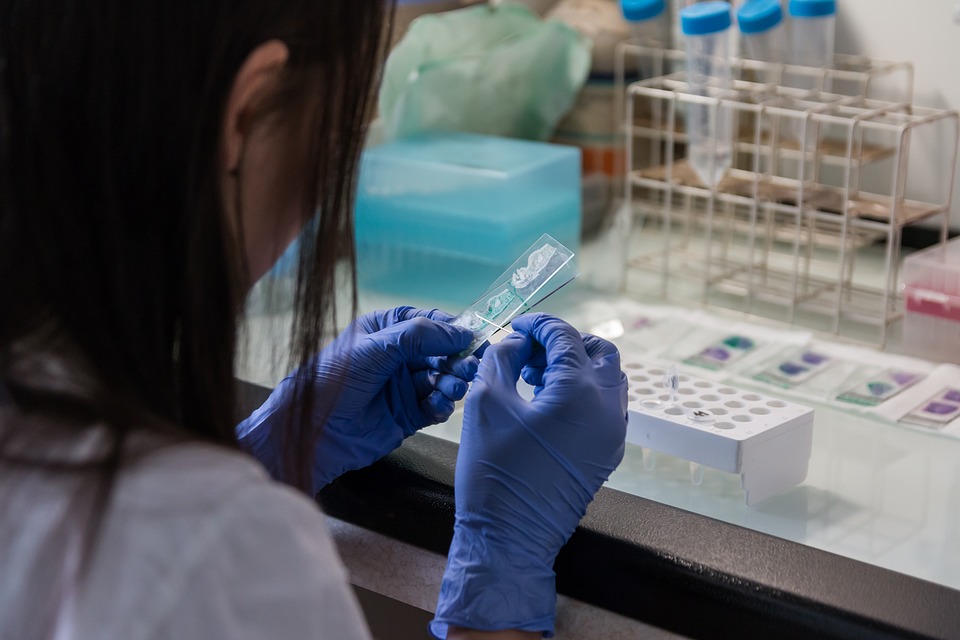At least 1 in 5 people suffers from allergies. That means that if you are a primary care physician seeing 20 patients per day, you will likely see at least four patients each day with allergies. You may be used to referring patients out for testing. However, primary care physicians can now test their allergic patients in-house using a turnkey allergy testing program.

(Pixabay / jarmoluk)
Identifying symptoms
The most common allergy symptoms include a congested or runny nose, sneezing, itchy eyes, recurring ear and sinus infections, and hives or eczema. But watch for allergies to manifest in less common ways as well, including persistent coughing, headaches, fatigue, oral allergy syndrome (itching and tingling in the mouth when eating certain fruits and vegetables), and eosinophilic esophagitis (inflamed esophagus).
Doctors should also watch for symptoms of food allergy which include many of the symptoms above plus gastrointestinal problems, including diarrhea, cramps, nausea, and vomiting.
Allergy skin testing methods
There are a number of allergy testing methods, but skin prick testing is considered the gold standard by the American Academy of Allergy, Asthma and Immunology. Physicians can order an allergy test kit through turnkey allergy testing programs such as AllergyEasy.
Doctors can opt for an environmental allergy test kit to measure patients’ reactions to dust, pet dander, mold, and pollen (trees, ragweed, grass, etc.) A food allergy test kit can help doctors test for the most prominent food allergens, including eggs, wheat, milk, rice, soy, tree nuts, peanuts, shellfish, and more.
Incorporating allergy testing into your practice
Once you have ordered an allergy test kit, it is easy to start offering allergy testing to your patients. With an hour or so of time, your nurse or medical assistant can receive the necessary training. Testing kits differ, but AllergyEasy uses a 10-pronged device called an OmniTestor. The nurse can dip the OmniTestor into wells containing different allergens, then penetrate the top layer of the patient’s skin (usually on the arm). The nurse can then let the test develop and measure the resulting “wheals” (small red bumps that form on the skin) to gauge a patient’s sensitivities to different allergens.
Studies show that most patients would rather be treated by their primary care physician than an unfamiliar specialist. By incorporating allergy testing into your practice, you can help patients better understand the nature and scope of their allergies in a familiar setting.
You can also adopt a turnkey allergy treatment program and prescribe sublingual immunotherapy for long-term allergy relief for your patients. Adding these services to your practice will allow you to increase your medical practice profits while better serving your patients’ needs.


